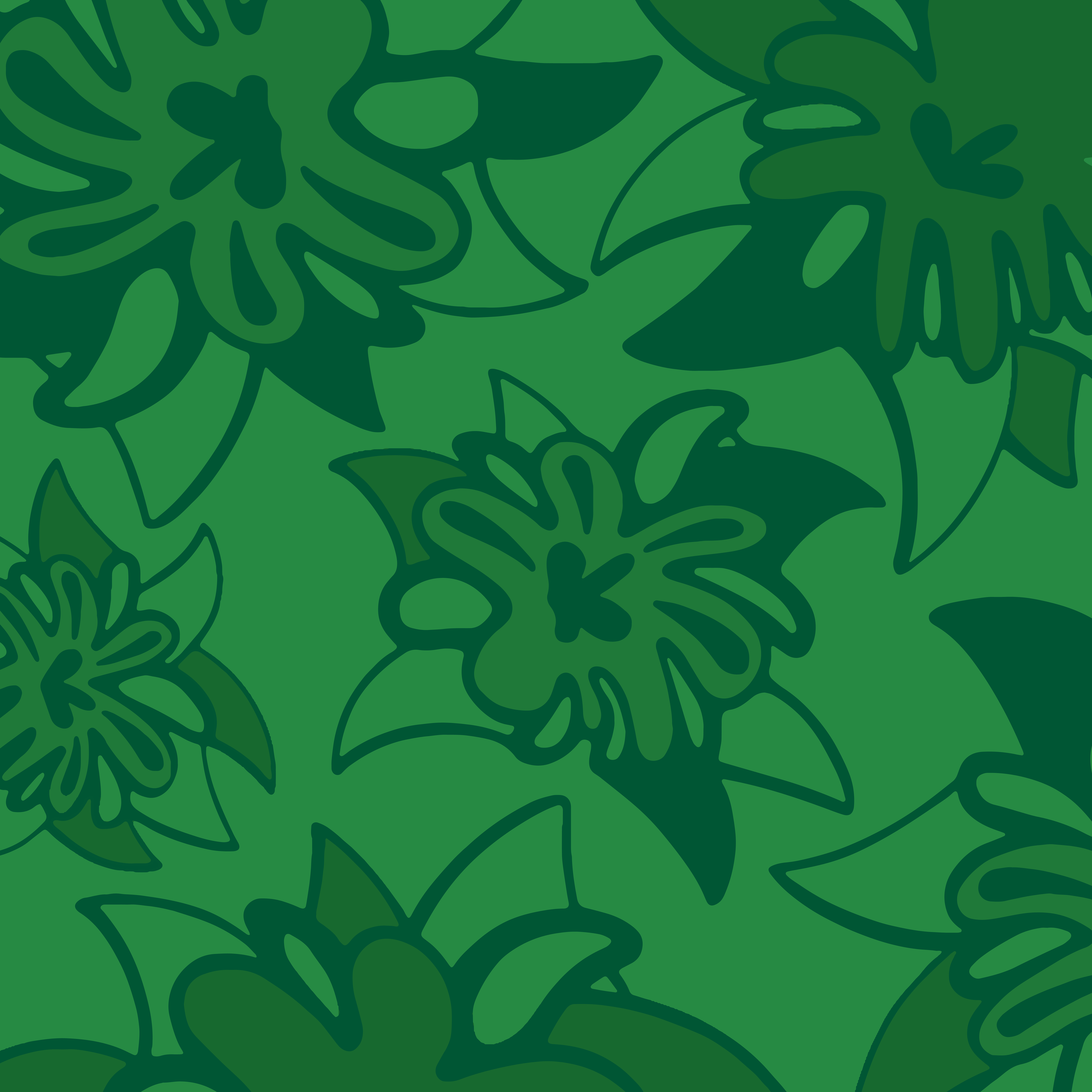There are good and bad feng shui plants and positioning arrangements. It’s all about how you position plants in specific areas of your living room, bedroom or other areas of your home. As feng shui has a lot to do with the overall “feeling” of a space, it is important to find plants that fit comfortably in your space and are not cramped or too small for the area. Healthy, robust plants are a must!
What is Bagua and why is it important?
Bagua is one of the main tools used in feng shui. It is an eight sided ‘energy map’ used to evaluate the energy of the green space in your home. Each of the eight sections and the center correspond with different life experiences: career, wisdom/knowledge, finances, family, fame, relationships, children/creativity, supportive people, and health. Plants can be used to connect these eight sides of the map and create harmony and well-being in an area.
Good feng shui plants
This includes plants that are known to cleanse the air and have a strong presence. Some of these include Philodendron, Areca Palms, Ferns, Jade, Money Tree and Mother in Law Tongue. Of course, there cannot be positive energy in a home or office without clean, good quality air, which makes this aspect of the plant very important. Appearances also play an important role, as it is important to have a strong, healthy plant that radiates a strong energy. Struggling plants may not offer these qualities so keep your plants healthy and pair them with visually pleasing pots as they can offer vibrancy and joyful energy.
Bad feng shui plants
These are generally considered plants whose shape can bring undesired energy. Cactus is a classic example of a so-called bad feng shui plant because its energy is very “spiky.” In addition, the Snake Plant could be considered bad feng shui because of their lengthy pointed leaves. However, the Snake Plant has strong protective energies to specific areas of your home and is considered helpful.
Positioning of Feng Shui Plants
East, Southeast, and South bagua areas are excellent feng shui areas to decorate with plants. Be sure to experiment with the best placement of plants in your living room, bedroom, or other areas of your home, and keep them healthy! This will create an environment where plants will become a harmonious part of your decor and create excellent feng shui in your green space.
Money Tree Brings Fortune and Luck
One of the most common feng shui plants is the money tree. Appropriately named, as it is believed to encourage prosperity and good luck. Some feng shui experts say these plants also reduce stress and anxiety, and can even help prevent arguments and sleeping disorders. This bonsai style tree, with braided trunks, brings the best fortune when placed in the areas concerning money (office), health (kitchen), or fame (entry-ways). With all of these benefits, no wonder they make great housewarming and new business gifts!
Peace Lily Purifies the Air
Peace Lilies make excellent houseplants for your home or office green space. They not only brighten up a living space, but are also excellent at cleaning the air of rooms they are in. They grow well in spaces with low light (although they bloom in areas with more light). They have a wonderful white bloom with lush foliage, and with their air purifying qualities, placement in an office area can help improve air conditions and correct energetic imbalances.
More about Lively Root
At Lively Root, the green spaces created have been instrumental in development as horticulturists, for an ideal green space. Lively Root’s plants are home-grown and full-scale fulfillment centers. They only sell eco-friendly products that are packaged and delivered right to your doorstep. Founding members have over a century of horticultural experience as growers, retailers, and landscapers, ranging from small plants, to indoor plants, outdoor plants, large trees, and flowering shrubs. They have planted & maintained trees on residential and commercial properties. Plants improve health by purifying the air, soothing stress, making people feel happier, and offering style and ambiance. For more information, please visit Lively Root’s website.






